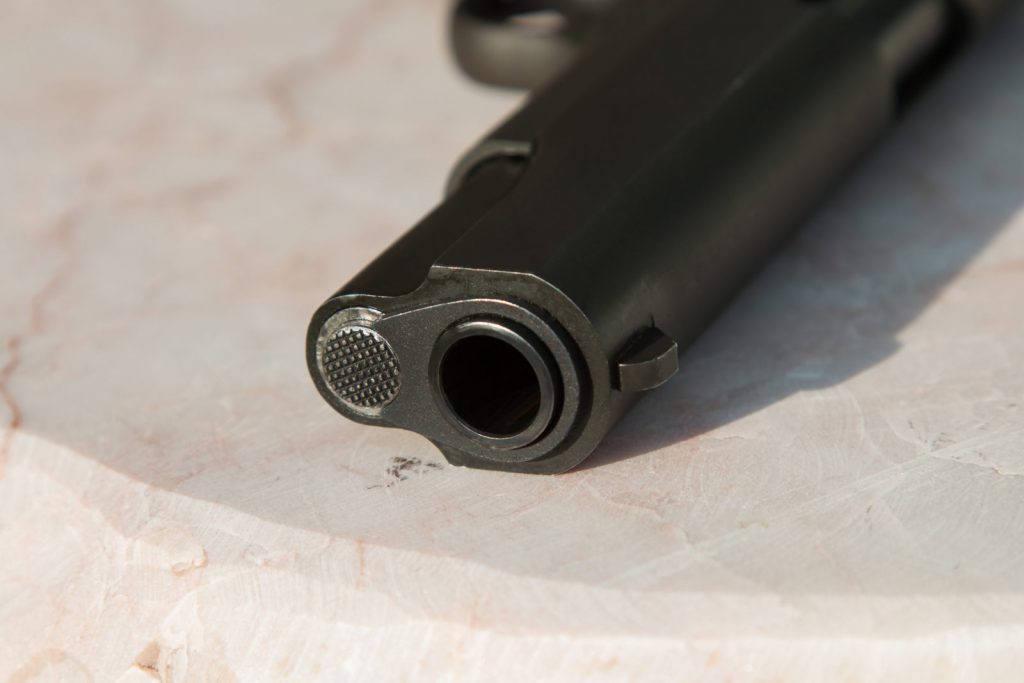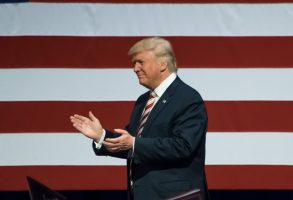
Published November 7, 2017
When a tragedy occurs — particularly one that involves gun violence, like Sunday’s mass shooting in Texas — two things are quite predictable in the aftermath: First, lots of people, including politicians, will offer their “thoughts and prayers.” And second, an increasingly large cadre of critics will react to these offerings of “thoughts and prayers” with outrage.
Why? It seems people think “thoughts and prayers” are a lazy substitute for embarking on some real political action that might help prevent such tragedies from occurring in the future. Critics believe those who offer up thoughts and prayers — particularly Republican officeholders who get donations from the National Rifle Association — are trying to deflect from their own inaction, or that they are complicit with the status quo.
It’s true some politicians are being opportunistic when they chime in with such platitudes. But in general, this line of thinking is insane, and, what’s more, it makes the world worse.
Contrary to the enraged certainties of many anti-gun liberals, there are actually few policies we know of that could serve as easy remedies to things like gun massacres. Even if you could magically make the NRA go poof, and make the Republican Party go poof, and make the Second Amendment go poof, and suddenly change the minds of the majority of Americans who support gun rights, the country would still be full of guns, and episodic massacres would still occur.
The point isn’t that America’s gun legislation is perfect, or that nothing can or should be done. The point is that NRA-GOP obstruction is not the one and only thing preventing the end of gun violence. The urgency and vigor of those who despise the notion of “thoughts and prayers” would only be justified in their reaction if there were indeed a magic button we could push to fix the problem tomorrow. And there isn’t.
But there’s something more fundamental at play. This isn’t just about guns. It’s about how we see political action. The implicit, maybe unconscious, but clear premise of the anti-“thoughts and prayers” line is that the only proper response to bad things happening is always political action. But turning everything into a political battle ensures that every single issue will become a conflictual one, leading to the progressive fraying away of social norms and of the belief in shared American values — which is what allows for political debate to begin with. Political debate in a democracy is what happens among groups who agree on more things than they disagree, which is why the losers lose gracefully and the winners don’t press their advantage too much. If you disagree with the other side on everything, then there’s no point in having a debate. The only solution is a civil war.
But the problem here isn’t just political — it’s spiritual. No doubt part of what drives people mad about “thoughts and prayers” is that they think prayer doesn’t do anything, presumably because they don’t believe in God. Of course, there are lots of people who believe that prayer is not only effective, it is, at the end of the day, the only effective thing, and that political action without a connection to a higher power ultimately becomes self-defeating.
Some people have to offer “thoughts and prayers” because they genuinely want to express their grief over an unthinkable act. If the only thing you think about after a tragedy is the next bill that should be passed, then you have no consideration for the victims as human beings — they are simply pawns in your political calculations. You are using still-warm bodies as props in a political marketing campaign — how noble!
In this context, “thoughts and prayers” are not beside the point, they are the whole point. They remind us that the Sturm und Drang of politics is not about enemies and allies, winning and losing. It is — or it should be — about actual individual human lives, every single one of whom is endowed with inalienable dignity and splendor. Being reminded of that might be one of the very few things that keeps us from falling off the precipice into a world incalculably more cruel than this already wretched Earth.
And I’ll be praying that doesn’t happen.
Pascal-Emmanuel Gobry is a fellow at the Ethics and Public Policy Center.







